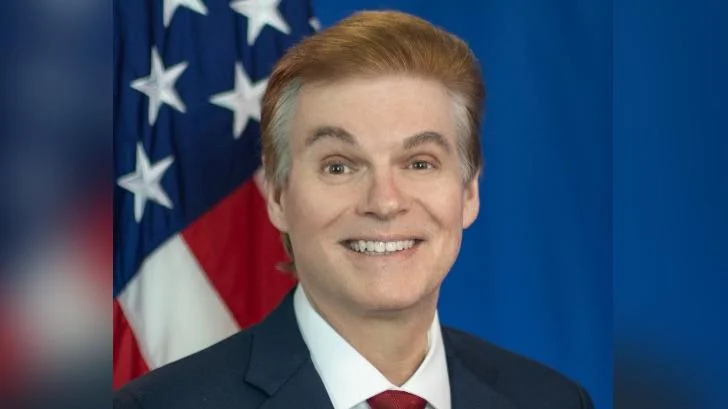The President of the United States has issued an executive order to address shipments from the People's Republic of China (PRC) as part of ongoing efforts to curb synthetic opioid importation. These shipments often use deceptive practices to avoid detection, leveraging the de minimis exemption under section 321(a)(2)(C) of the Tariff Act of 1930. Duty-free treatment will no longer be available to products of China and Hong Kong that currently qualify for this exemption. These changes take effect on May 2, 2025.
The executive order stems from the need to combat the synthetic opioid crisis in the United States. As outlined in previous executive orders this year, certain tariff exemptions have been suspended to prevent illegal substances from entering the country. The Secretary of Commerce has confirmed that systems are in place to collect tariffs on these low-value imports.
Under the new directive, shipments valued at $800 or less will face duties even if they normally fall under the de minimis exemption. U.S. Customs and Border Protection (CBP) will assess duties on these shipments, updating their handling procedures as necessary to align with the executive order. This move seeks to ensure that appropriate tariffs are collected on goods entering the U.S. from China and Hong Kong.
The import duties apply specifically to postal items valued under $800 coming from China through international postal networks. They will be subject to specific and ad valorem duty rates, with carriers required to collect and remit these duties to CBP. The ad valorem duty will amount to 30% of the postal item's value starting May 2, 2025. Alternatively, a specific duty will be $25 per item before June 1, 2025, and increase to $50 per item thereafter.
Transportation carriers must follow a consistent duty collection methodology, though changes may be made monthly with prior notification to CBP. International postal item carriers must maintain bonds to guarantee duty payments, and CBP has the discretion to require formal entry of items, subjecting them to standard duties and fees.
The Secretary of Homeland Security will oversee the implementation of this executive order, utilizing all powers and legal authorities as required. A report on the order's impact on U.S. industries and consumers is expected within 90 days of the order's inception, with further recommendations on potential necessary actions.
The order ensures it does not impede the authority of any government department or agency or create enforceable rights against the U.S. or its entities. It is subject to existing laws and appropriations.

